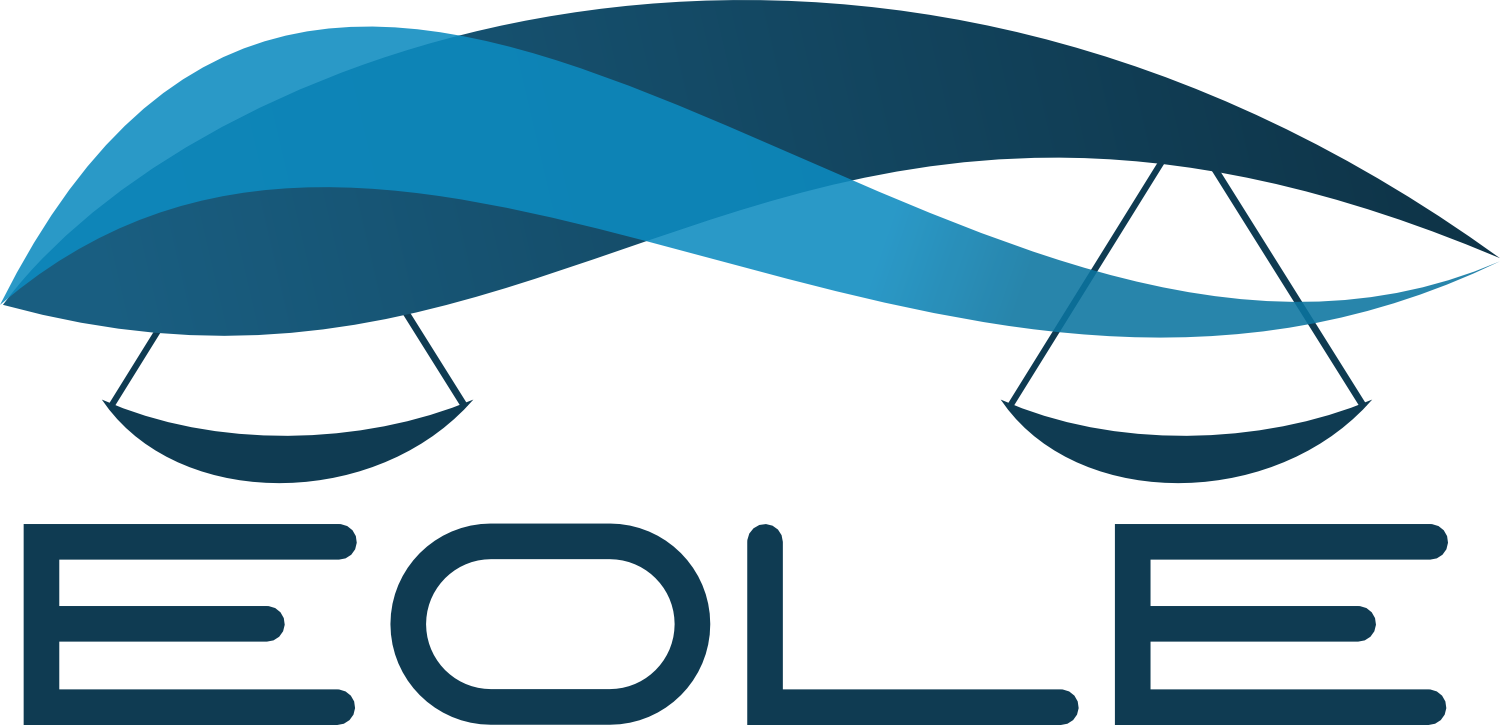As regions worldwide increasingly focus on their strategic autonomy, we aim to explore the critical interplay between Free and Open Source Software (FOSS) and these sovereignty goals. This conference will examine how FOSS and strategic autonomy can be mutually supportive, drawing insights not only from European initiatives but also from comparable efforts in other countries, cities, regions or organisations.
Recent legislative packages, including regulations like the Cyber Resilience Act (CRA) and the AI Act in Europe, reflect broader governmental strategies aimed at shaping the digital future. We seek to understand the full scope of these regulatory ambitions, not just from the legislators’ viewpoint, but also by examining the practices of multinational corporations. For instance, many influential open source companies are headquartered outside Europe, often in the US, yet operate globally. Their approaches to developing and distributing Open Source, alongside the local regulatory constraints they face, present both opportunities and challenges. This conference will critically assess how these corporate strategies and geopolitical factors interact with regional sovereignty objectives and the core principles of the global FOSS ecosystem.
If you want to keep up to date with all the news from the EOLE event, we invite you to subscribe to our newsletter.
Or, you can still take part in our forum by sharing your experiences or useful resources on this year’s theme!
Agenda
Agenga is coming soon !
Practical information
- Where ? Pompeu Fabra University in Barcelona
- When ? 31st of october 2025
